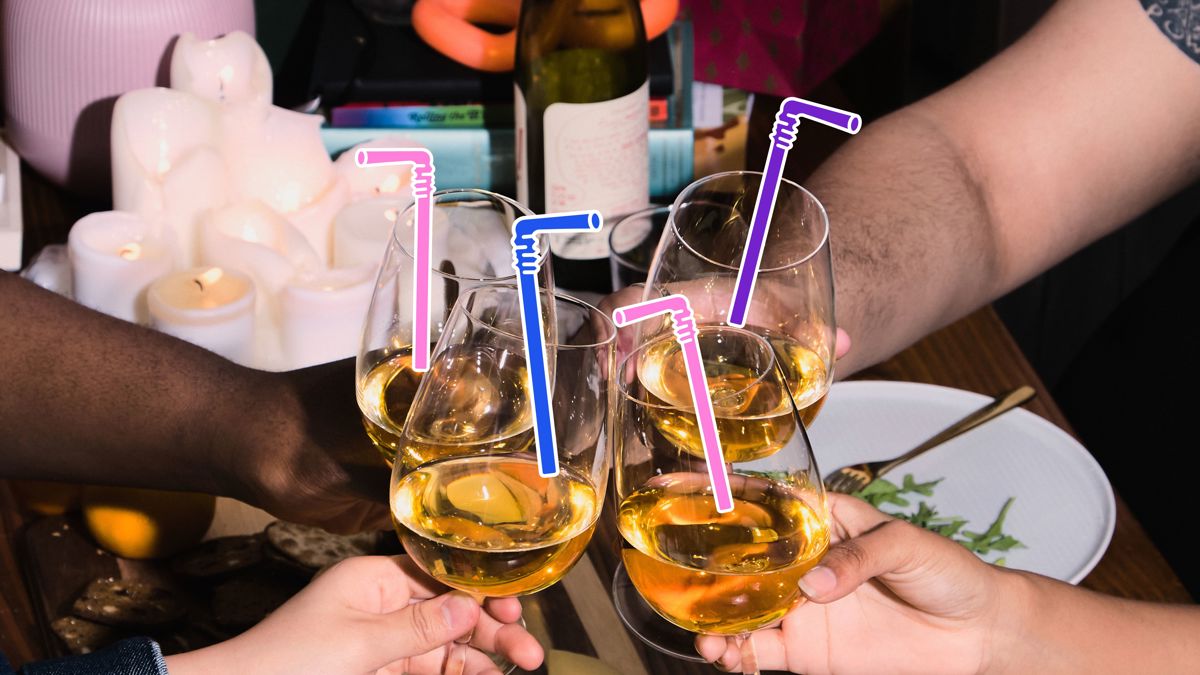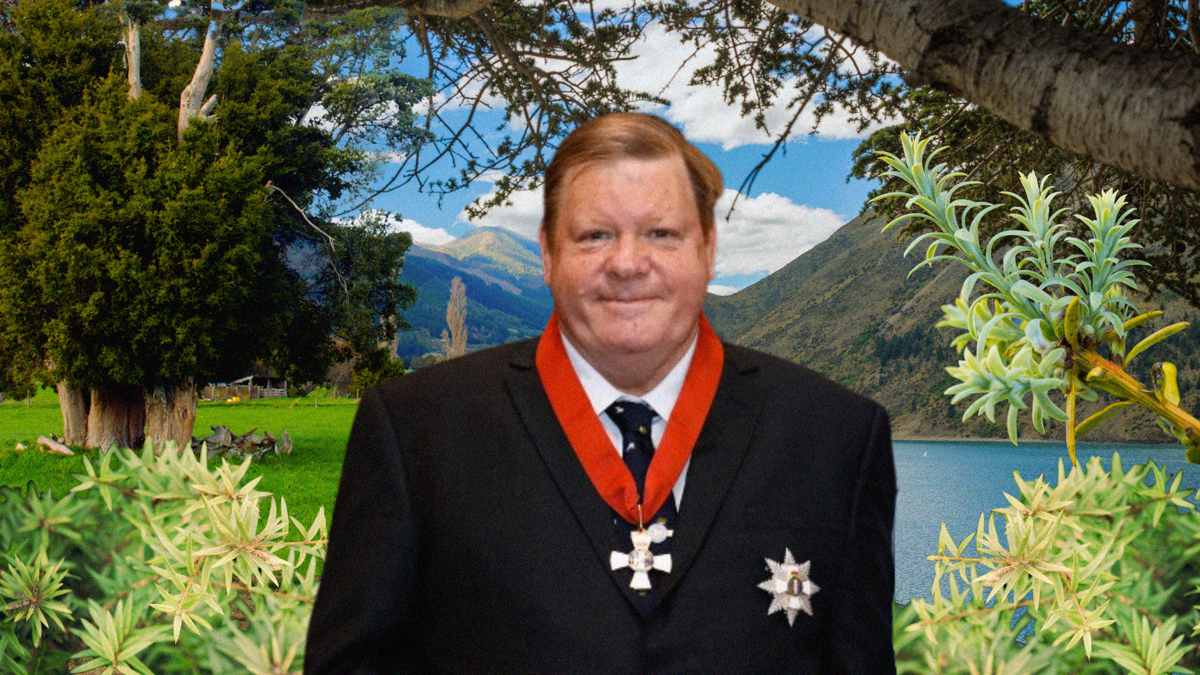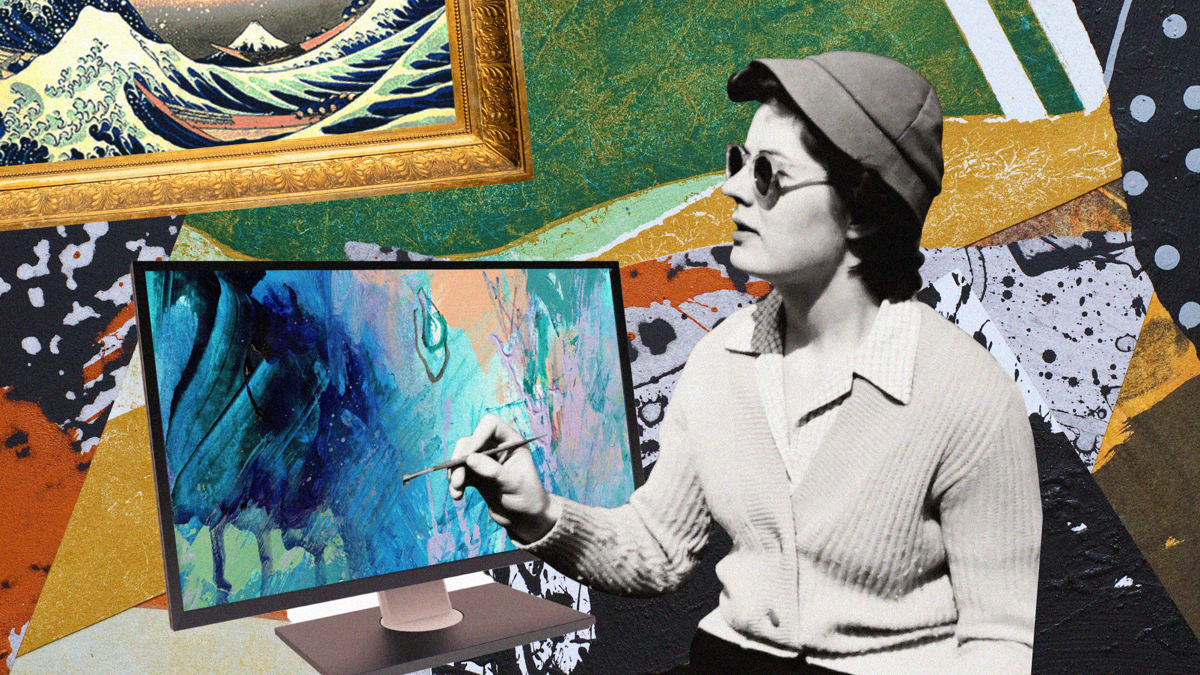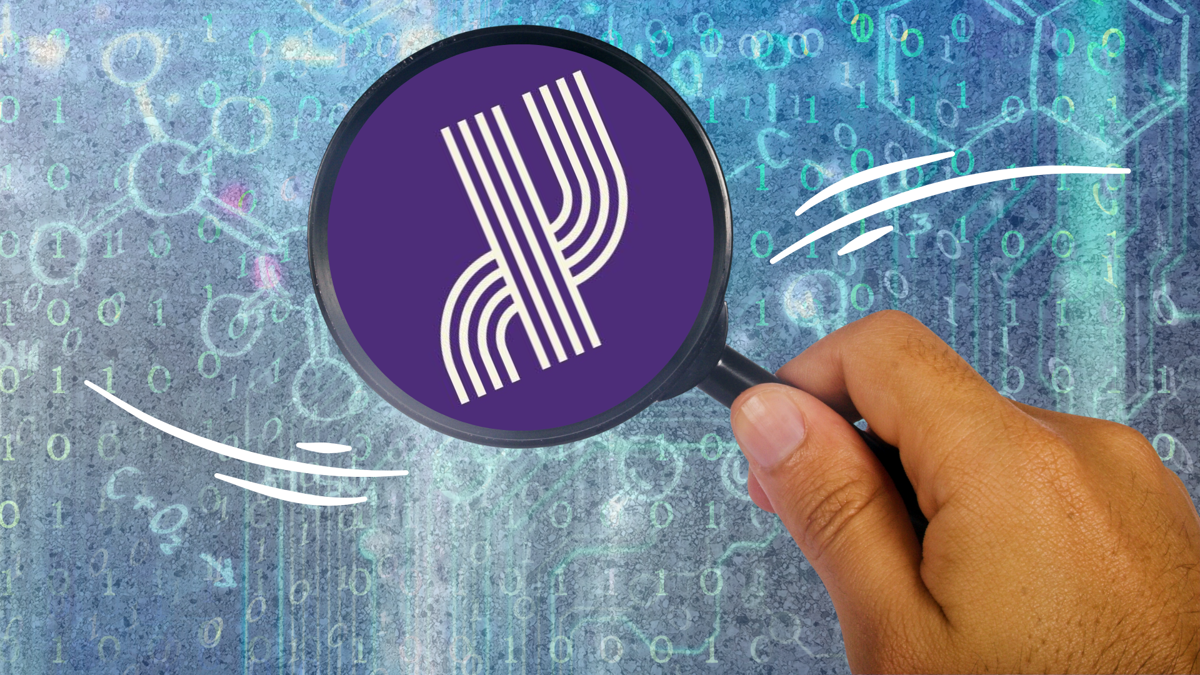A tribute to Sir Robert Martin: The most famous New Zealander most New Zealanders didn’t know about
Sir Robert spent his life working to improve the lives of disabled people, says his friend Alexia Black, now we must carry that torch for him.


Sir Robert spent his life working to improve the lives of disabled people, says his friend Alexia Black, now we must carry that torch for him.

In the upside down world of traditional fine art, artwork is judged on the difficulty of the process. So what happens when you use accessible technology?

A recent change saw Whaikaha restoring flexible funding for some - but not others. Did you have a plan lined up before 18th of March? You're all set. After that?